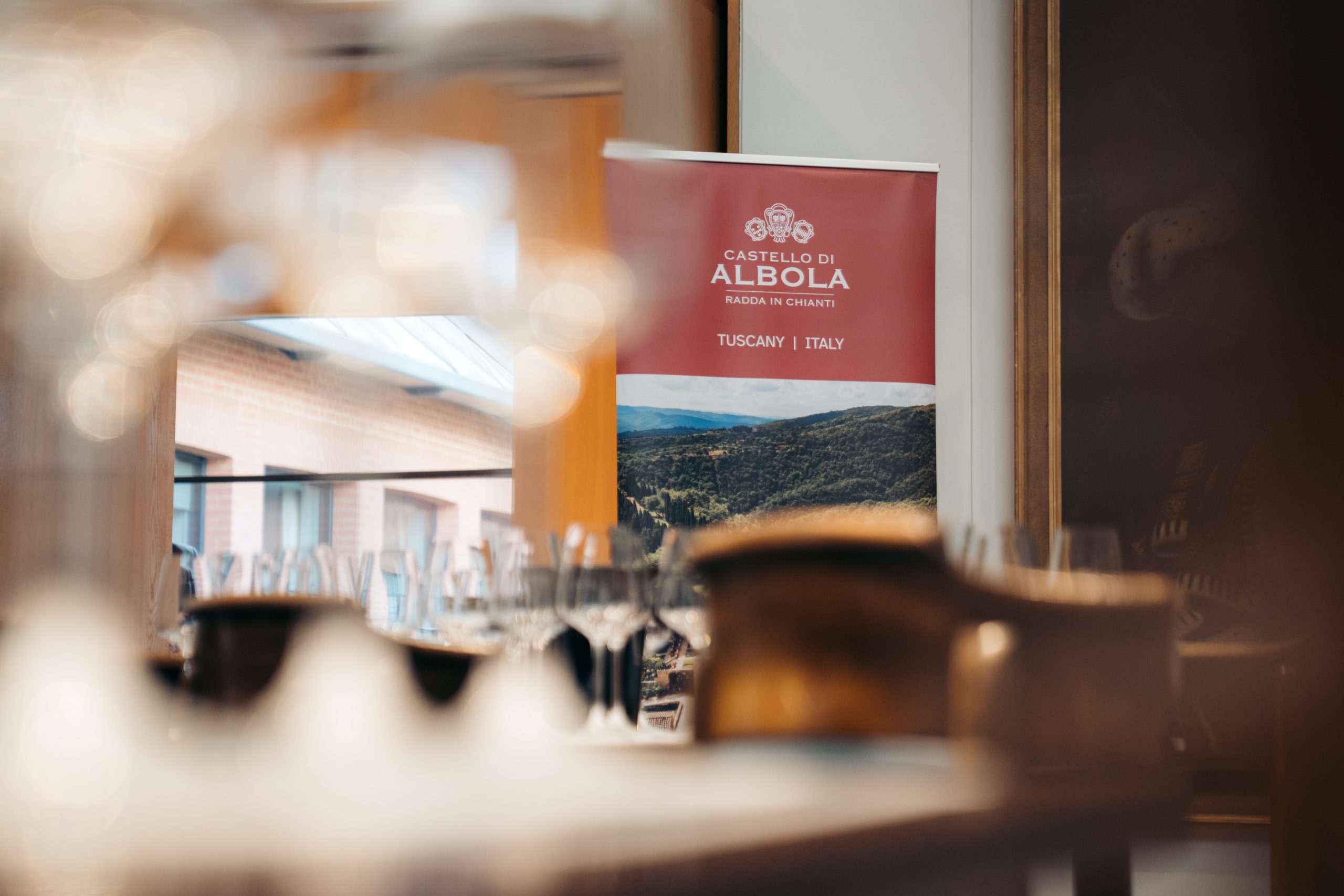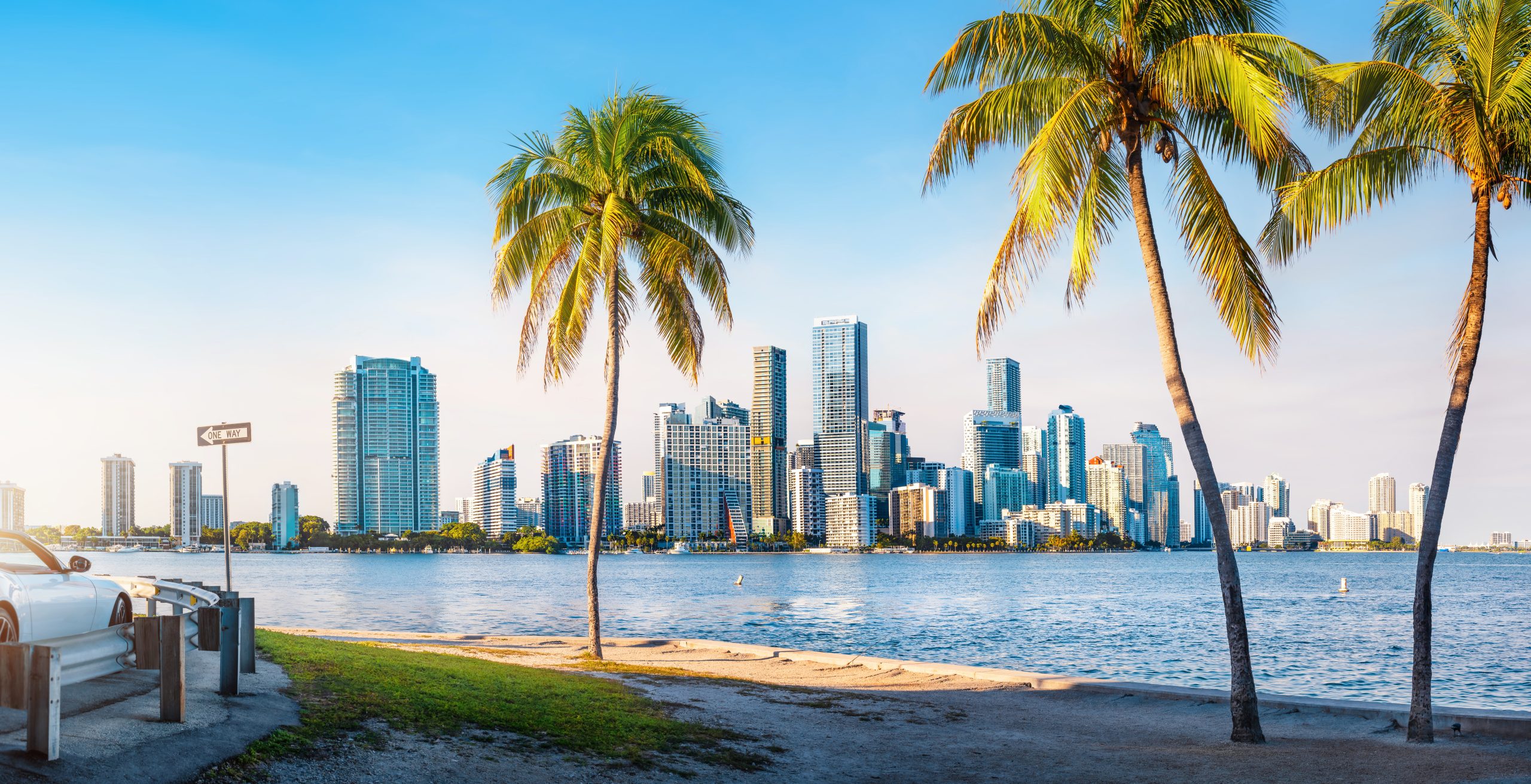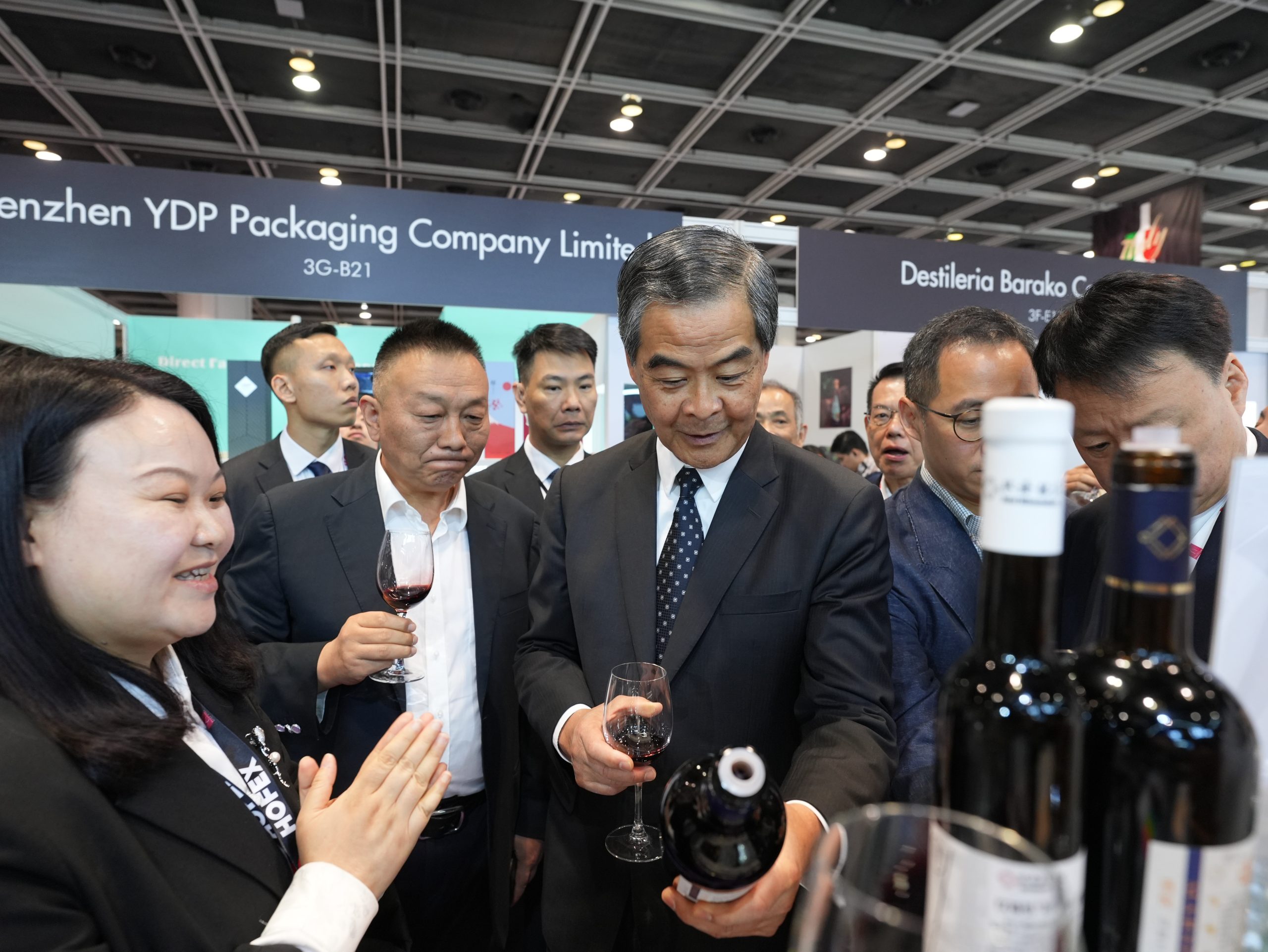Henkell Freixenet is following English sparkling wine and rosé Prosecco closely
One year on from wrapping up the merger between two of the world’s biggest sparkling wine producers, Andreas Brokemper, CEO of Henkell Freixenet, tells db what he thinks will be the next big thing in fizz.
Dr. Andreas Brokemper, CEO of Henkell Freixenet (Photo: Henkell)
German wine giant Henkell, owned by the Oetker Group, completed its acquisition of 50.7% of Cava producer Freixenet S.A.’s shares from the Hevia and Bonet families at the end of July last year.
The acquisition, which makes Henkell the majority shareholder by 0.67%, enables the German and Spanish drinks groups to access each other’s distribution channels and “achieve sustainable growth,” Henkell said in an emailed statement last year.
United under one banner, the new group has had a strong start as far as revenues are concerned. Sales for the group rose 56.5% last year, reaching €823.7 million after tax, according to results posted in April.
Brokemper told db Prosecco sales are doing particularly well in the Netherlands, France and Belgium, and Eastern Europe, which the CEO is calling the “third wave” of Prosecco growth worldwide.
Henkell & Co. ended the financial year with a “considerable” 21.6% rise in revenue to €165 million in Western Europe. This, the company said, was bolstered by the development of Copestick Murray in the UK, as well as Mionetto Prosecco in Scandanavian countries and France.
“The sparkling wine market was very celebrational in the past,” he said, adding that that Prosecco has more “every day” appeal thanks to its lower pricing compared to others on the market such as Champagne.
However, having been one of the most lucrative markets for Prosecco producers for years, demand in the UK is shifting. Last year, exports of Prosecco to the UK fell for the first time in a decade, by 7% in the first half of 2018, according to Italian farming association Coldiretti. This, combined with fears over counterfeit products entering the market post-Brexit, could threaten Prosecco’s position as the nation’s favourite sparkling wine.
Prosecco innovation
Brokemper told db that, although the fast growth of Prosecco sales in the UK starting to fade out, he’s confident it will still be the most popular sparkling wine for a while.
“The UK still makes up 35% of Prosecco exports,” he told db,”Prosecco is still on fire, I don’t believe personally the market has peaked and will go down.”
He added that the sparkling wine group is confident new labelling rules coming into force next year could help the category stay strong.
Prosecco region’s governing body is planning to allow wineries to start selling pink fizz as “rosé Prosecco” from next year, a decision Brokemper is something that “fits perfectly” with the brands in Henkell Friexenet’s portfolio.
“I would say the one thing we can see right now is that the rose trend, sparkling rose is taking off.”
“It is a trend that fits perfectly into this informal consumption.”
English sparkling wine?
Brokemper told db the sparkling wine giant is also following the progress of the English wine industry closely, adding some of the businesses coming out of the UK are “very interesting”.
Partner Content
“I think there are some interesting producers in England,” he said. “I like the style of their wines due to the same terroir and now the climate champagne had 20, 30, 40 years ago.”
“When you do it right, it’s very good. You have people like Nyetimber, Hattingley Valley, Gusbourne…I think there are some very interesting wineries.”
Asked if Henkell Freixenet would look to acquire an English wine label of its own, Brokemper told db: ‘I’d say “never say never”‘.
He told db the newly-formed global sparkling wine giant was “following the trend closely”, but also said he believes UK wine sales will be a “largely English phenomenon” for the foreseeable future.
The number of vineyards in the UK has grown rapidly in recent years. Around 80 wineries launched in the UK in 2017, up from 64 in 2016, and more than double the 36 that opened five years ago, according to UHY Hacker Young.
Champagne Taittinger is preparing for its commercial harvest at the Kentish vineyard it first planted in 2017, and has even put a further 8.5 hectares under vine.
The area under vine in Great Britain has increased by 160% in the past 10 years to reach 7,000 acres (2,888ha), according to WineGB. In 2018, 1.6 million vines were planted with a further 2 million expected in 2019. Now, Plumpton College is developing a research hub to improve future site selection and vine productivity.
Overseas investors are also starting to come into play. BlackRock, which is headquartered in New York, bought a small share in Kent-based winery Chapel Down last year.
“The seed money is over,” Brokemper said, “and now they’re looking how to grow the business and to break even.”
The UK wine industry is valued at £130 million, but less than 5% of its production is exported, according to figures published by the Wine and Spirit Trade Association (WSTA) last year, equivalent to about 250,000 bottles.
“To the rest of the world it is difficult to tell people to drink English sparkling instead of Champagne.”
The CEO added that, due to the fact that English fizz is relatively expensive compared to Prosecco or Cava, producers still have some way to go to raise demand overseas.
“I know others are looking into it, but we believe that owing to the high price point it will, for the first decades, remain an English phenomenon.”




